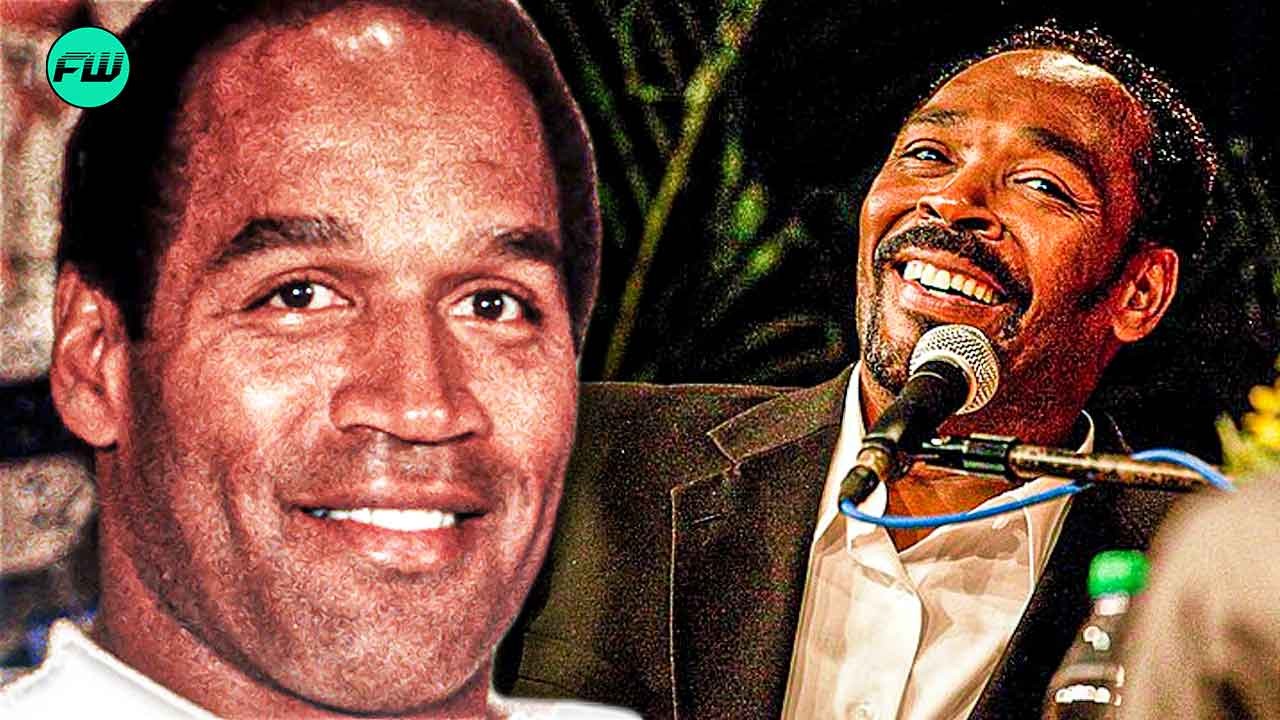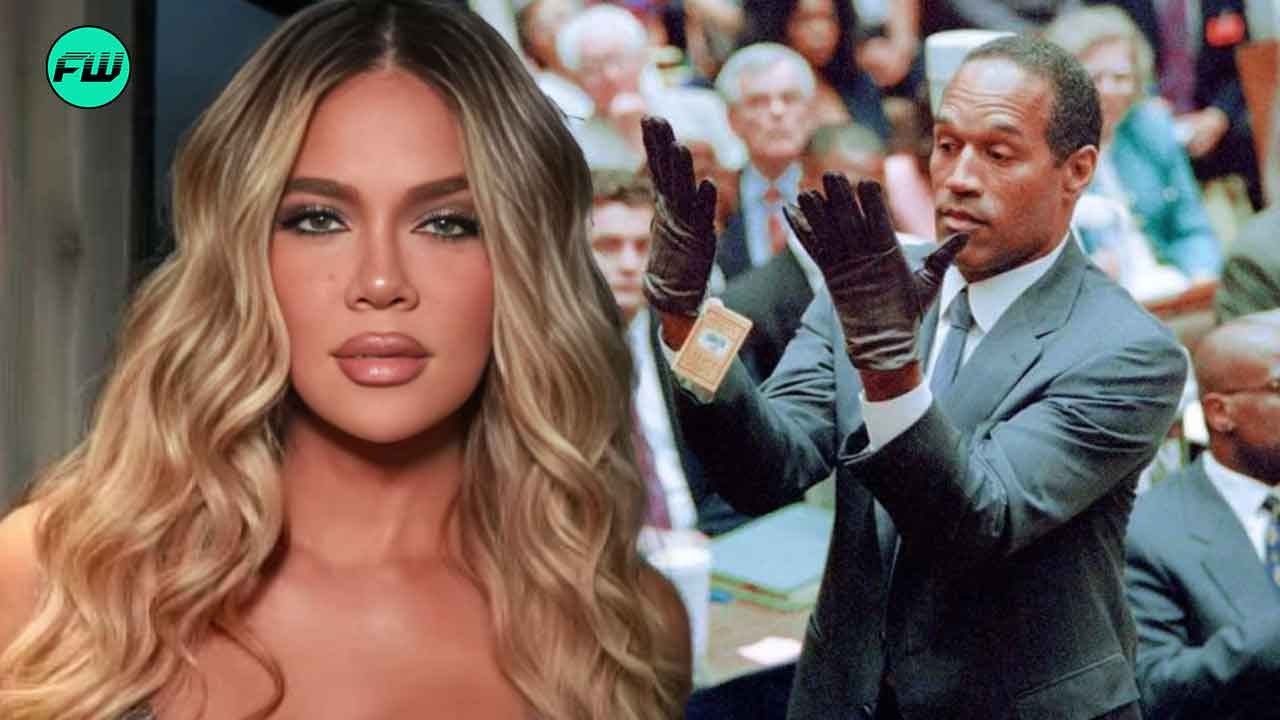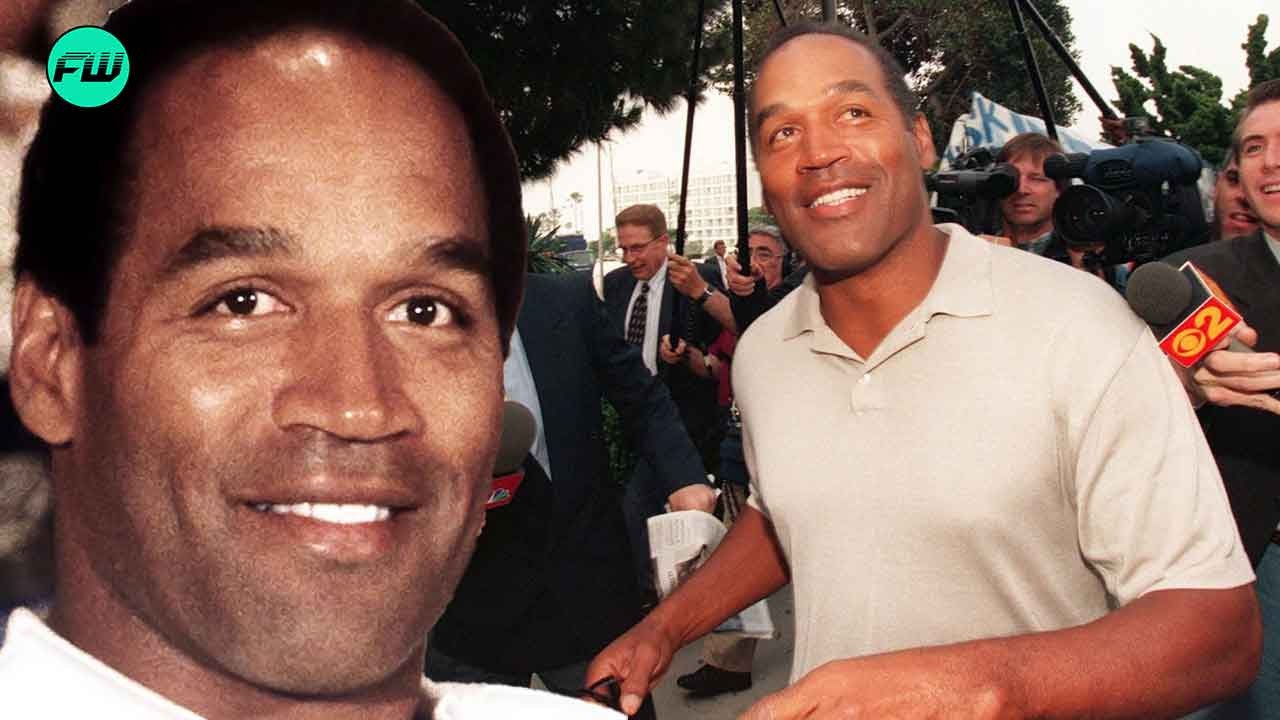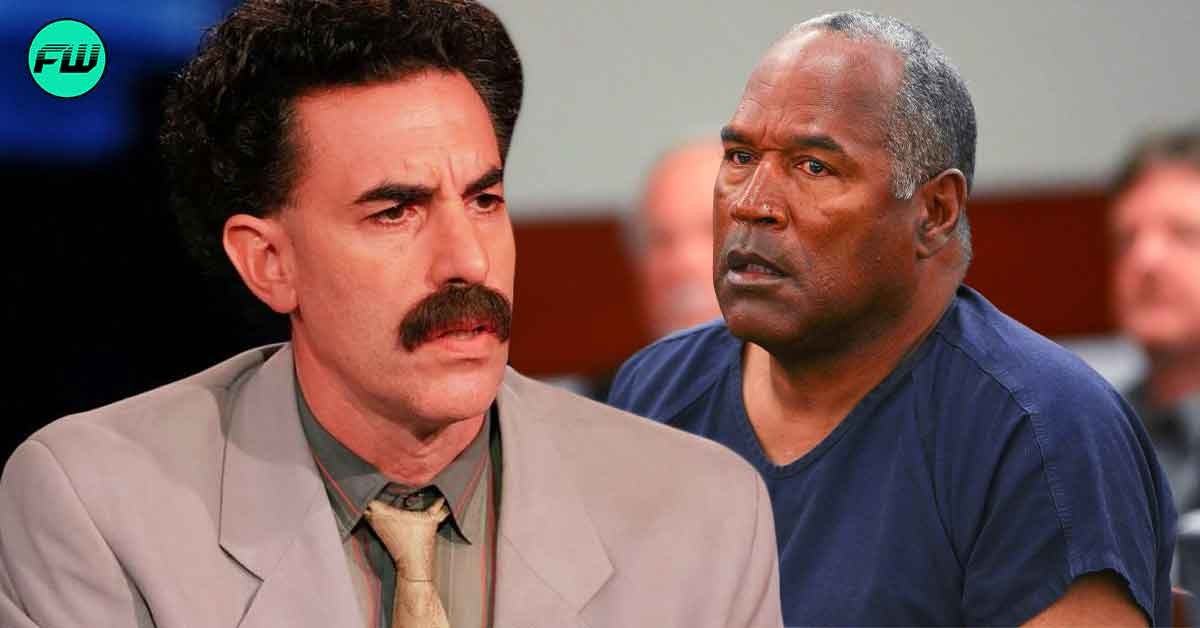In the early 1990s, two events shook America to its very core: the Rodney King incident and the trial of O.J. Simpson. Both cases provoked intense outrage, talked about justice and race, and ultimately had a significant impact on the American legal system.
Simpson’s arrest and murder trial in Los Angeles still bring back vivid memories, nearly thirty years later. Blood stained his glove, minute-by-minute coverage aired on national television, and he was the target of a police chase in a white 1993 Ford Bronco SUV.
In other words, his ‘trial of the century’ will also endure in the memories of numerous Americans since it exposed the significant disparities between Black and White Americans. The 76-year-old football player-actor passed away on April 10.
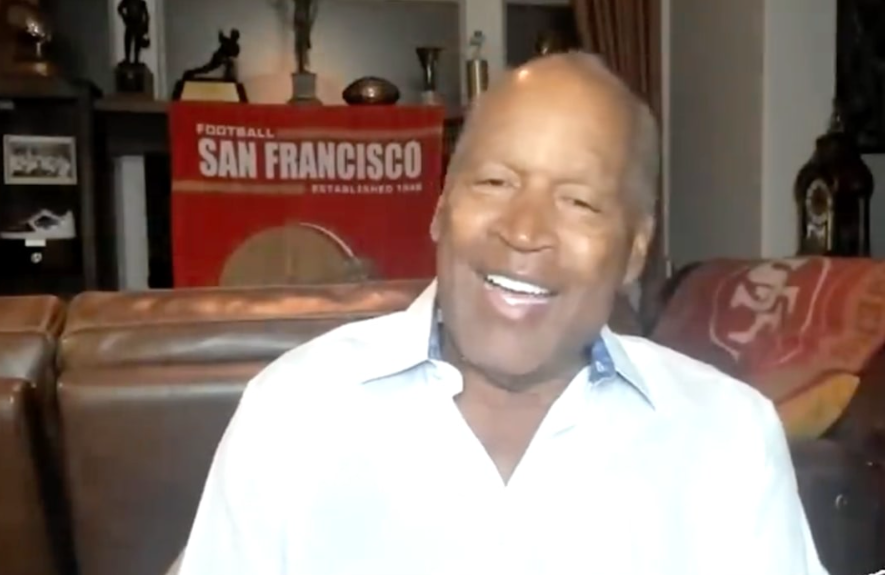
Meanwhile, the Rodney King incident in 1991 involved four White police officers brutally beating an unarmed African American man in Los Angeles. The incident was videotaped and broadcast around the world, resulting in widespread protests and demands for justice.
From Rodney King to O.J. Simpson: Tracing the Roots of a Nation’s Unrest
Slightly after the Black motorist Rodney King was beaten by four police officers in 1991, O.J. Simpson was treated unfairly by the police and media. These incidents were widely interpreted by the Black community as evidence that even affluent celebrities could not be immune to racism in the United States.
The notion that the former NFL player was being set up by the Los Angeles Police Department (LAPD) for the deaths of Ron Goldman and Nicole Brown Simpson should have seemed ludicrous when Simpson’s attorneys brought it up in the 1990s.

Think about the issues in that situation. For this reason, it is unusual, at least somewhat. There was talk of investigators having rushed to judgment or that the evidence had become too tainted to be of any use. Put another way, the LAPD was portrayed as sloppy and irresponsible, cunningly evil, or stubbornly closed-minded.
Most shocking of all was that, when Simpson was tried and found not guilty, a Los Angeles jury might have found all of those charges to be credible. Well, the city that the LAPD had sworn to serve and protect had lost a great deal of trust in them by 1994.
The beating of Rodney King in 1991 and the riots that followed in 1992 had destroyed the LAPD’s reputation in the city by the time Goldman and Simpson’s ex-wife were stabbed and killed. The four officers either quit the LAPD or were let go.
Even though the gap had started to narrow by 2007, Black Americans were still less likely than White Americans to believe Simpson was guilty, according to a Washington Post-ABC News survey conducted 20 years after the verdict.
The Simpson’s ‘Trial of the century’: A Catalyst for Demanding Police Reforms?

However, the O. J. Simpson case also brought to light a further justification for the dire need for police reform. Inadequate attempts to end violence and corruption, along with dishonest police practices, not only compromised the rule of law but also put suspect safety in danger. Put another way, when people distrust police officers, it benefits criminal defendants.
Remember former detective Mark Fuhrman’s involvement in the Simpson case? He was only slightly involved in the actual investigation, but by showing up for the preliminary hearing, he temporarily took on the role of the LAPD’s face in the case against Simpson.
Throughout the recordings, Fuhrman frequently referred to Black people by the term ‘nigger’, which gained traction during the proceedings of Simpson’s trial. Upon being asked if he had ever used the ‘N-word’ during his trial, Fuhrman then invoked his Fifth Amendment rights (see LA Times).
There was no avoiding the impact on the jury. Whatever one’s stance on Simpson’s guilt or innocence, it makes sense that juries would be wary of a case led by detectives who were openly racist and by police officers whose colleagues had previously physically abused Rodney King.
It resulted in significant financial and human costs for the city and the LAPD. How many people who witnessed crimes over those years chose not to come forward because they did not trust the police? How many cases were lost because juries disregarded the police’s testimony?
Well, there are questions we will never be able to answer. This destroyed public trust in local law enforcement, which was detrimental to Los Angeles. Not the entirety of Los Angeles, though.
Indeed, the 1992 Los Angeles riots did help O.J. Simpson. And that is a legacy worth remembering…

